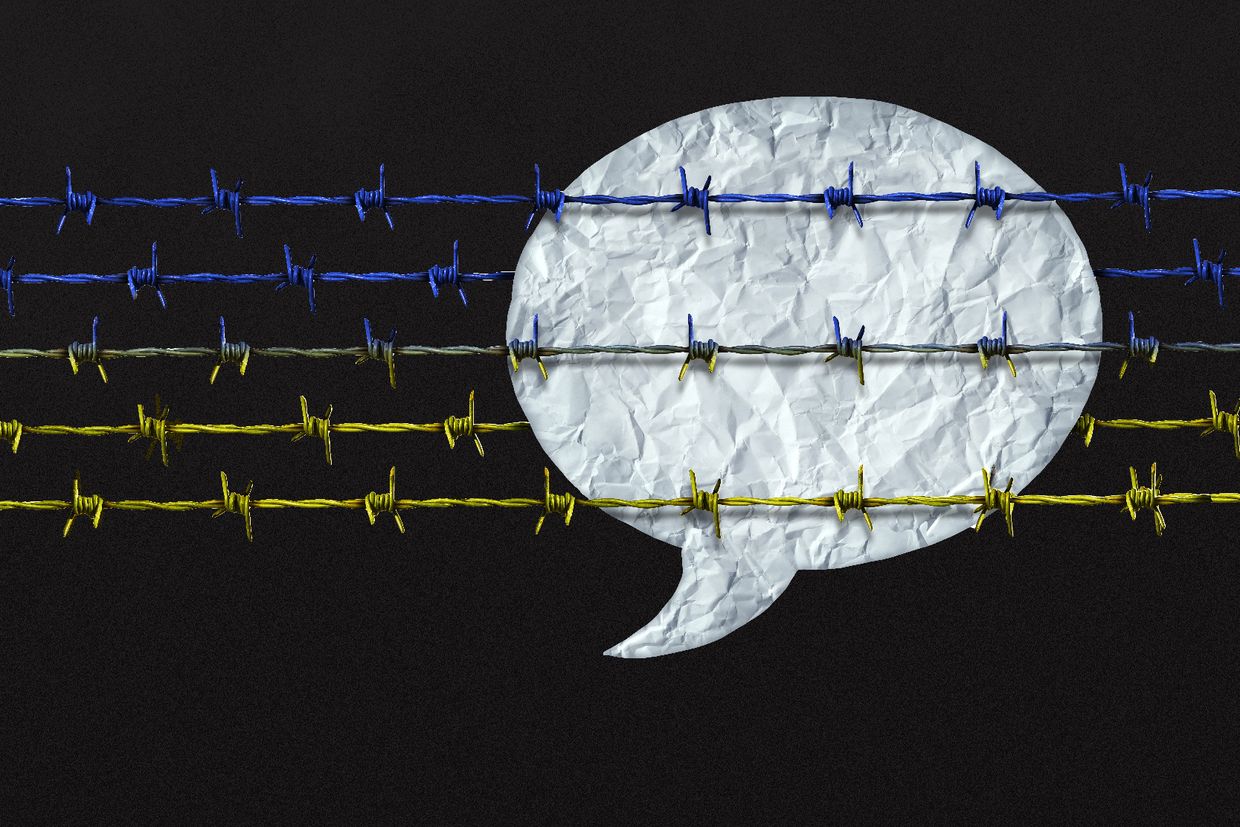
This Week in Ukraine S2 E3 – Alarming campaign against free press in Ukraine
Episode 1 of Season 2 is dedicated to the recent attacks against journalists in Ukraine and the country's press freedom over the years.

Episode 1 of Season 2 is dedicated to the recent attacks against journalists in Ukraine and the country's press freedom over the years.
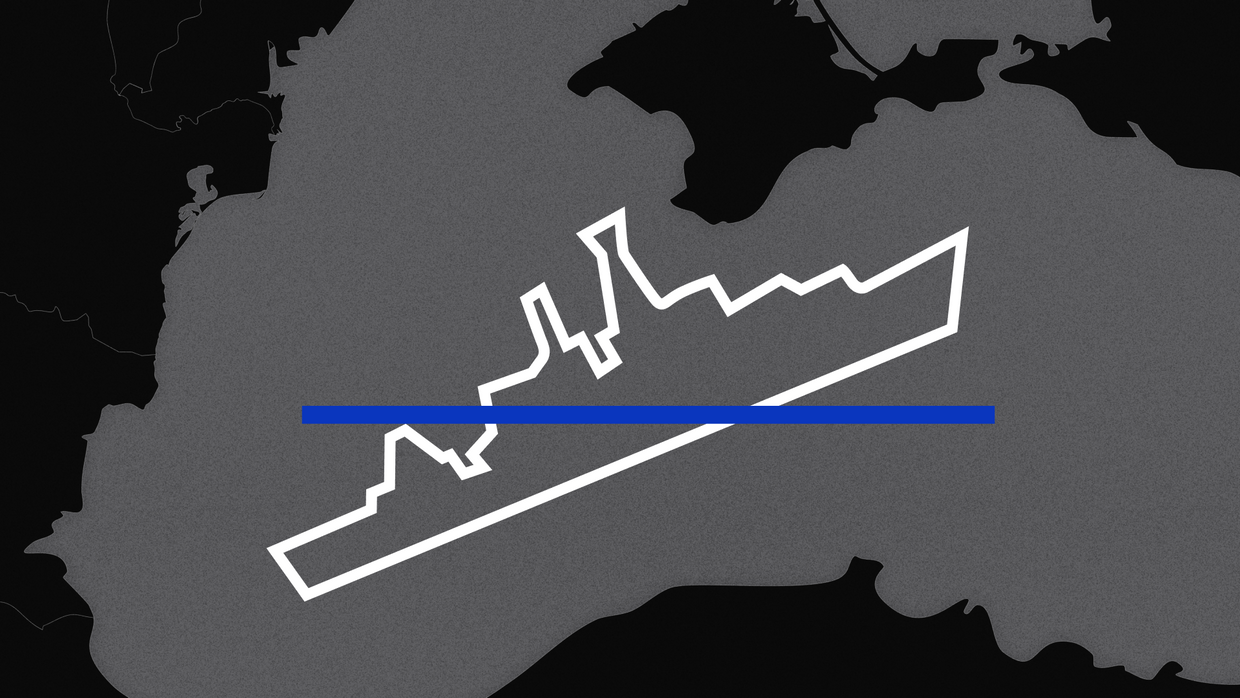
At a time when the front line in Russia’s war against Ukraine has not moved much in the last year, success in the Black Sea has been a major silver lining for Ukraine’s military campaign. How does Ukraine manage to do that? The Kyiv Independent’s Francis Farrell
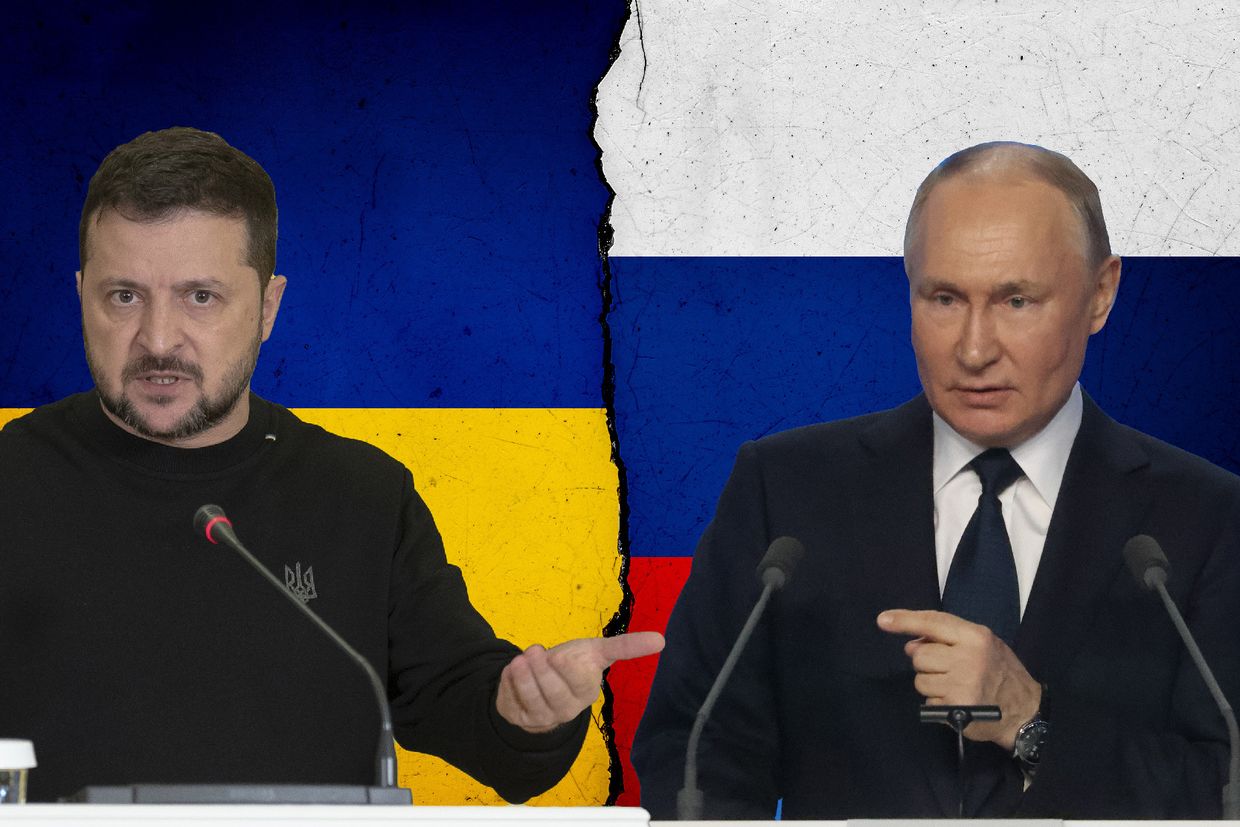
Season 2 Episode 2 is dedicated to Ukraine’s Peace Formula and the possibility of successful peace talks between Russia and Ukraine in 2024.
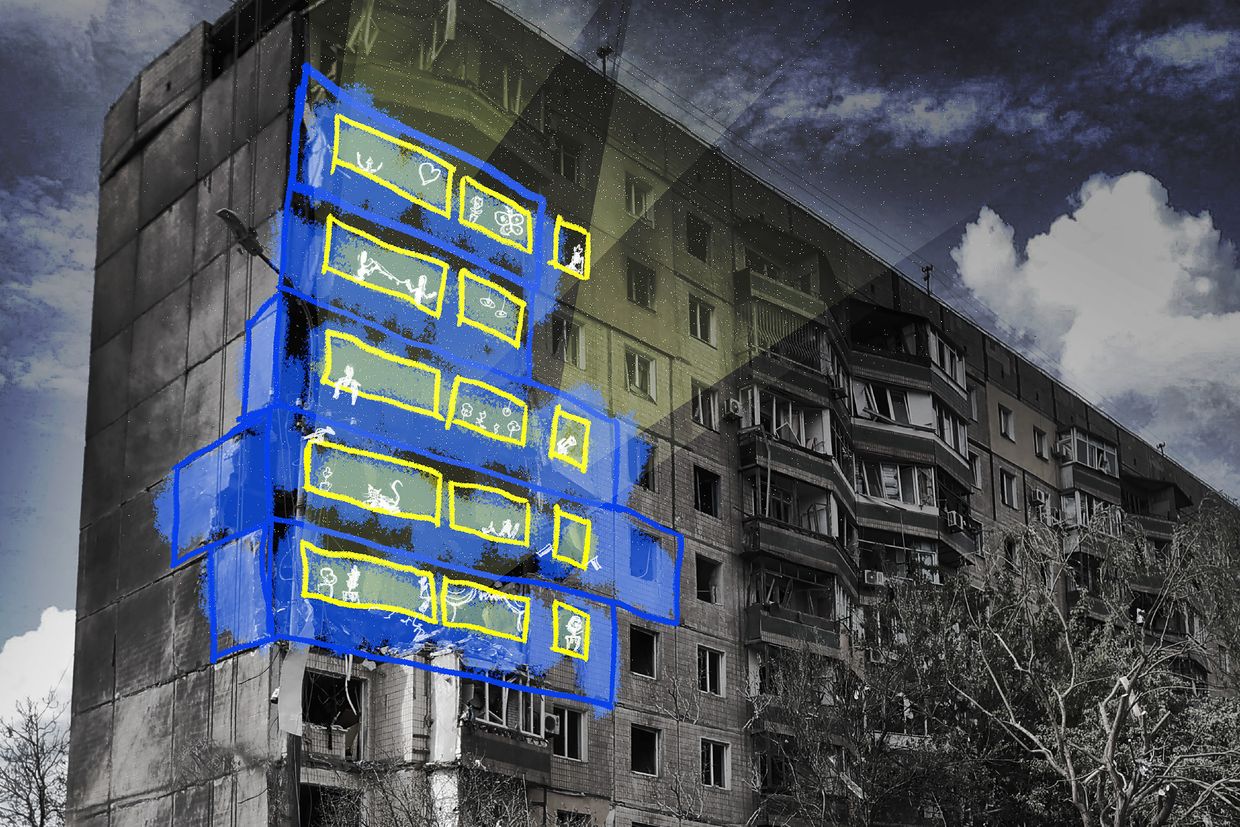
Season 2 Episode 1 is dedicated to foreign investment in Ukrainian business and what makes them critical to bolstering Ukraine’s economic front.
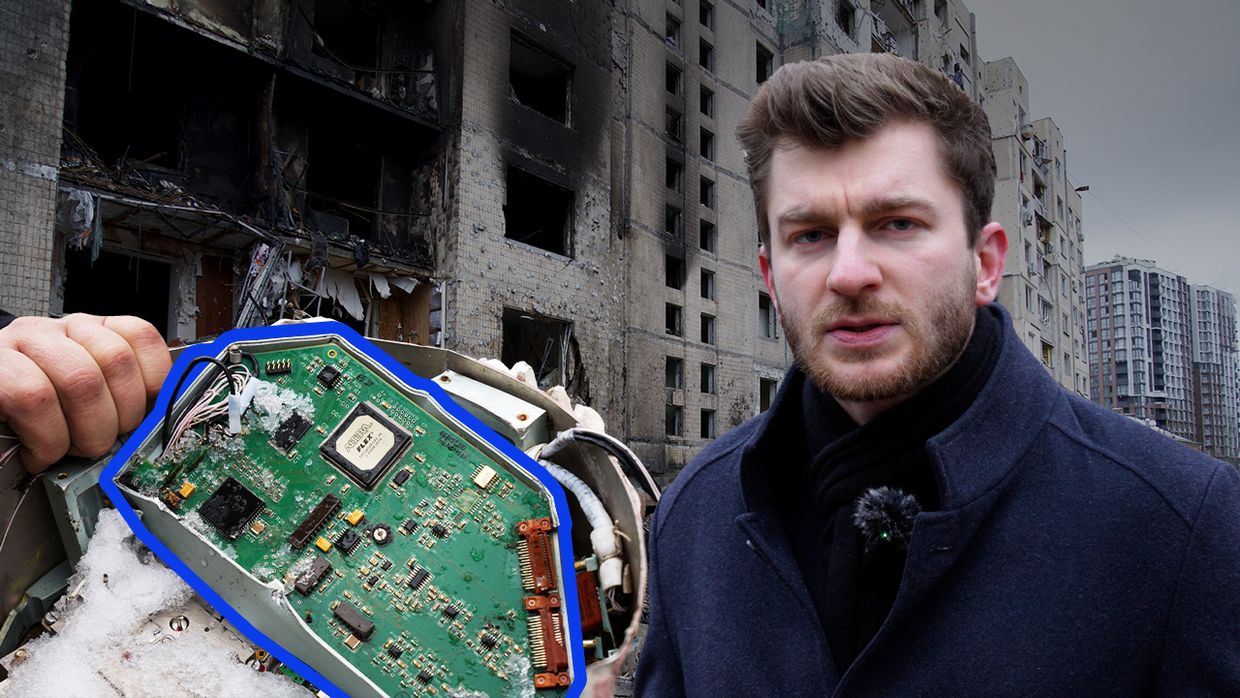
Despite the West's effort to suffocate Russia's war machine through sanctions by banning export of crucial components, Western-made parts such as microchips are still found in Russian weapons. How did they end up there? Find out in our video.
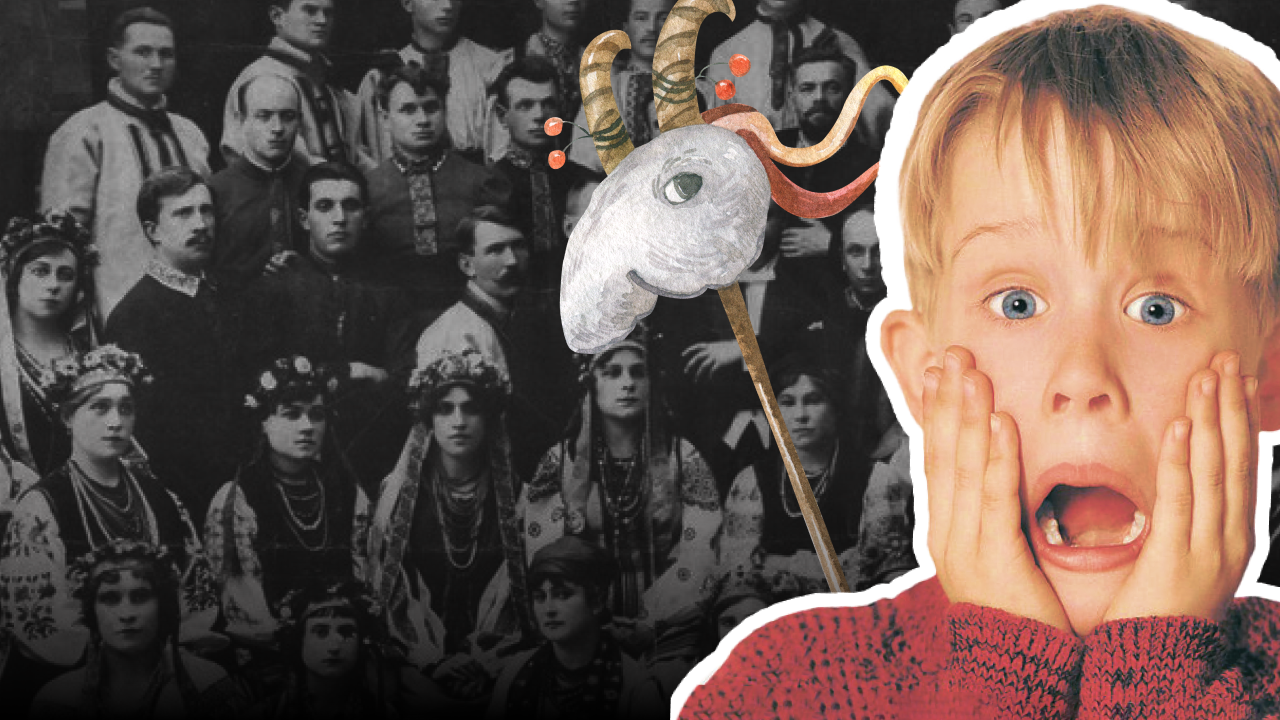
A simple 4-note motif, Carol of the Bells is one of the most iconic sounds of the Christmas season. But did you know it was born in Ukraine, with roots in ancient times? How did it reach the world and help Ukraine fight for independence?
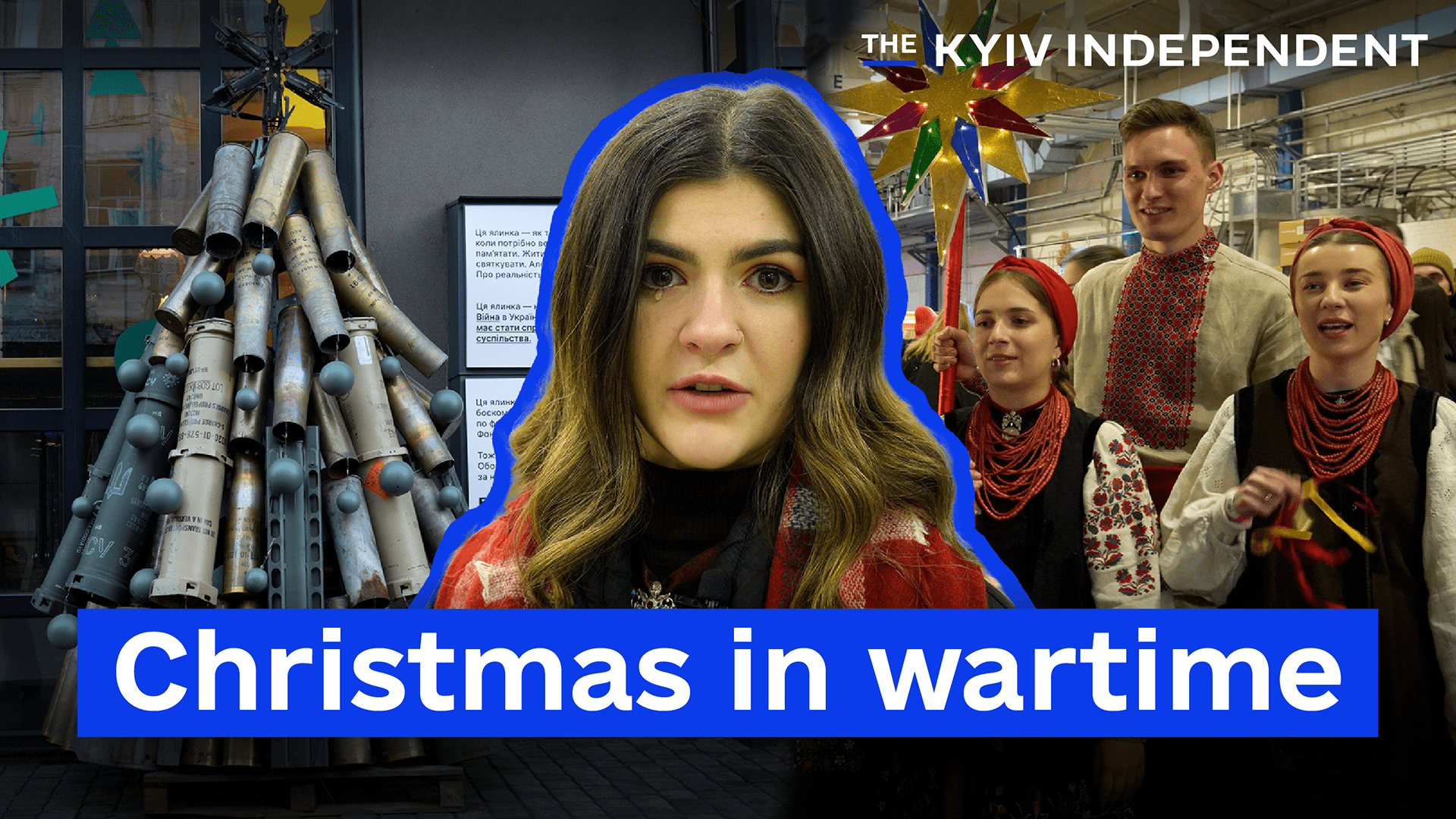
Join us as we explore what Christmas in Kyiv looks like during the war, witnessing the resilient spirit of Ukrainians coming together to infuse Christmas magic into the lives of those affected by the harsh realities of Russia's ongoing aggression.
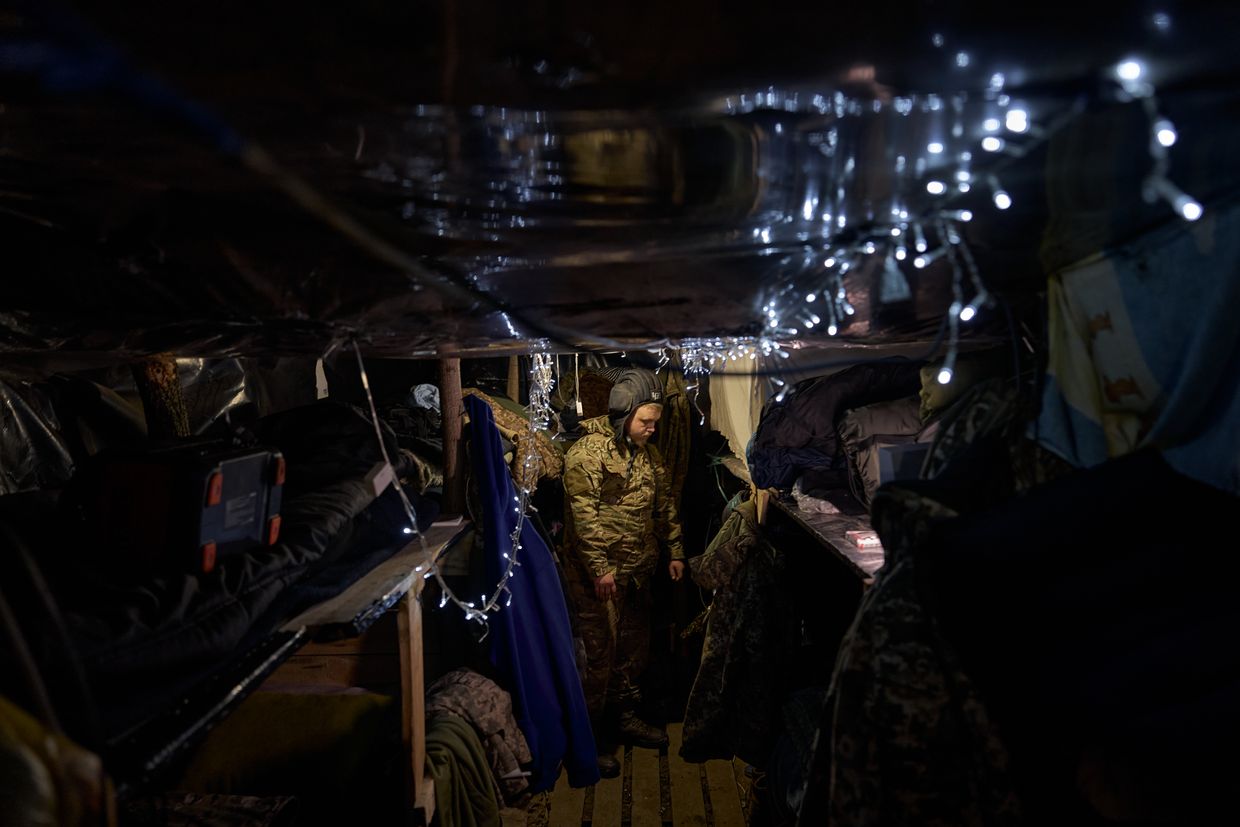
Episode #39 is dedicated to Ukraine’s biggest events of 2023, and what to look forward to in 2024.
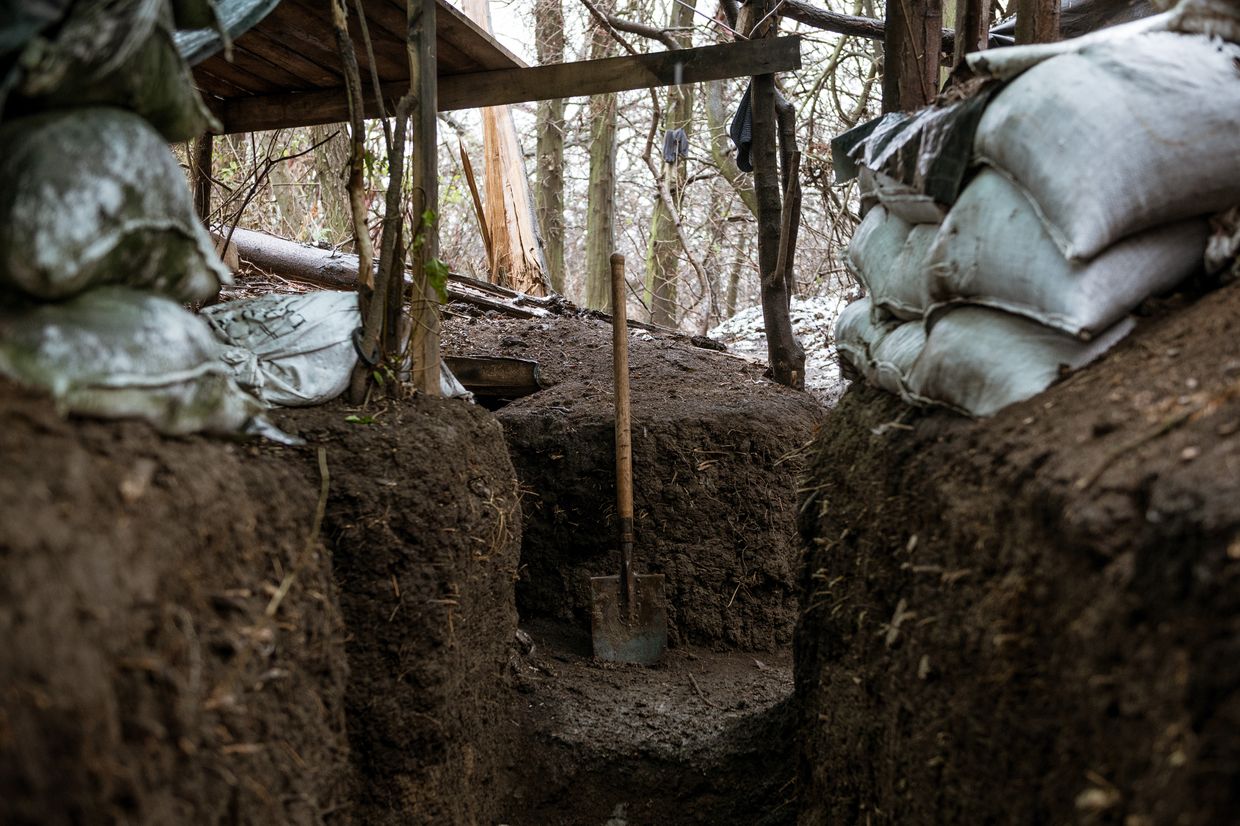
Episode #38 is dedicated to Ukraine’s failure to prepare its defensive lines for the long war.
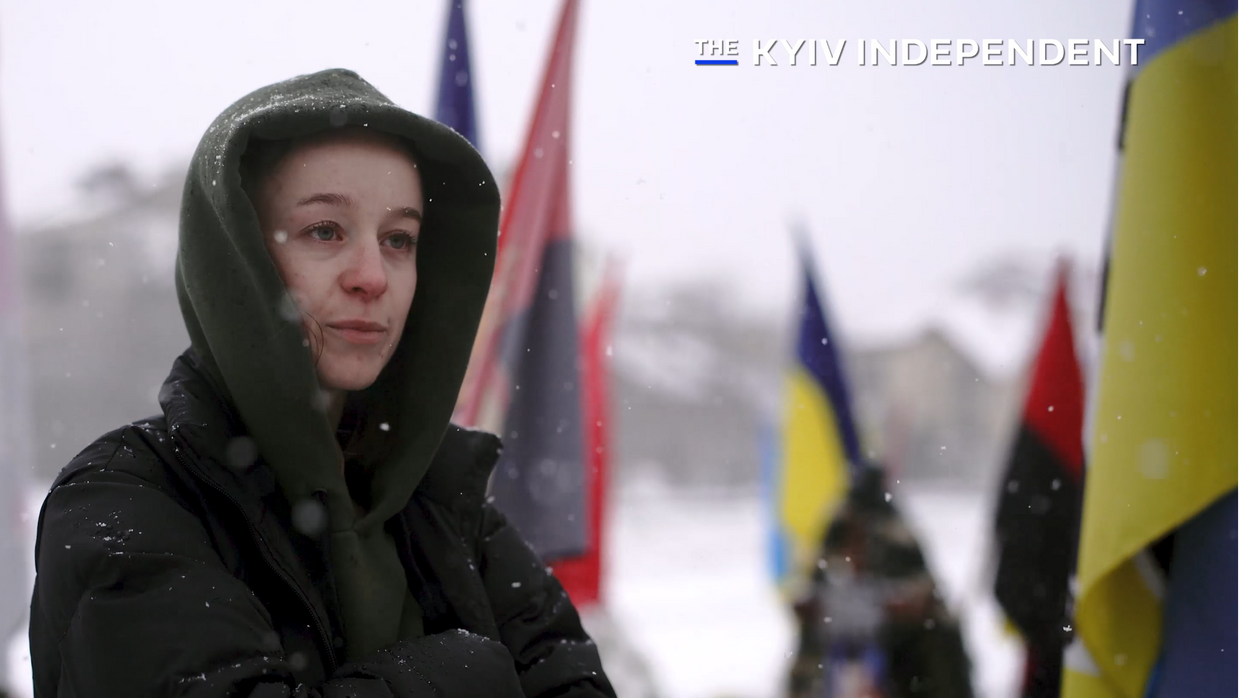
Cemeteries all across Ukraine are filled with the country’s flags, marking the graves of fallen Ukrainian soldiers who took up arms to resist the Russian invasion and paid the ultimate price. Join us in honoring their courage and dedication.
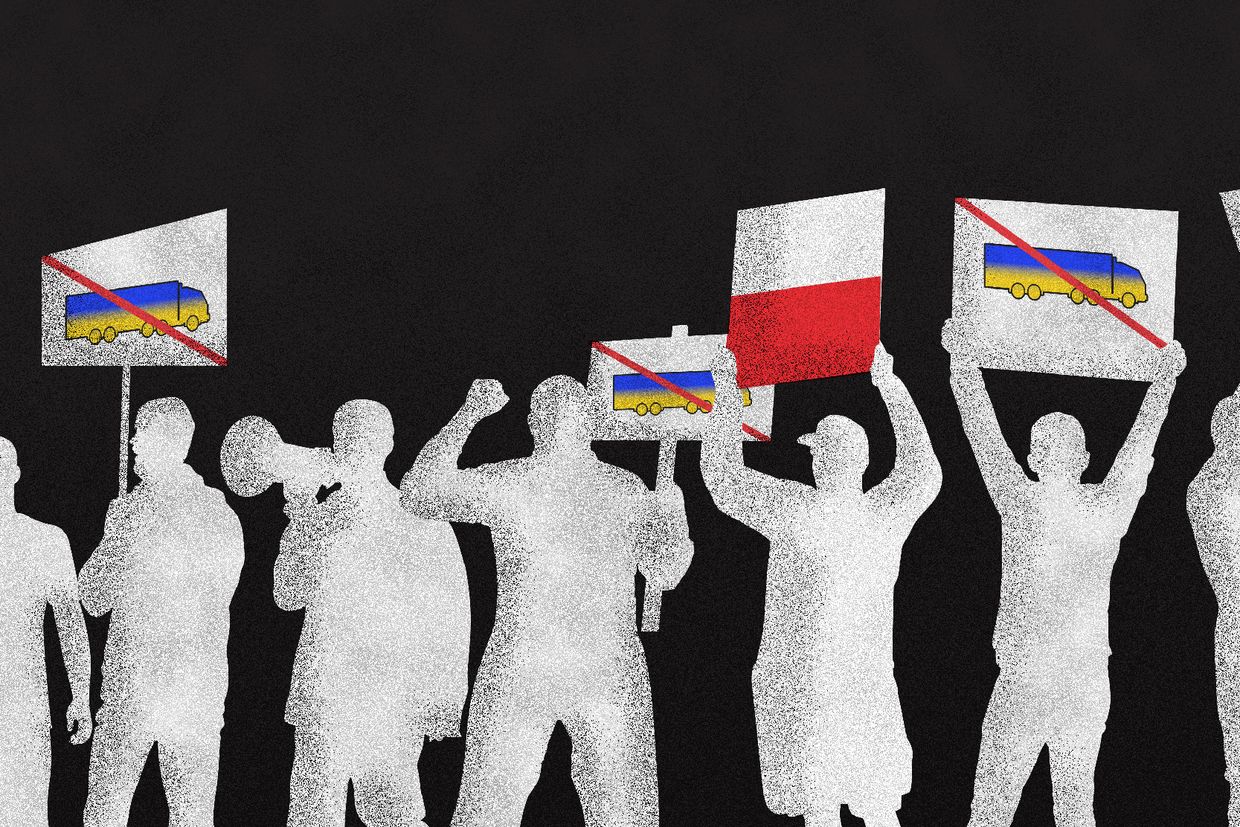
Episode #37 is dedicated to the trucker protests that have been blockading several border crossings at Ukraine-Poland border for over a month.
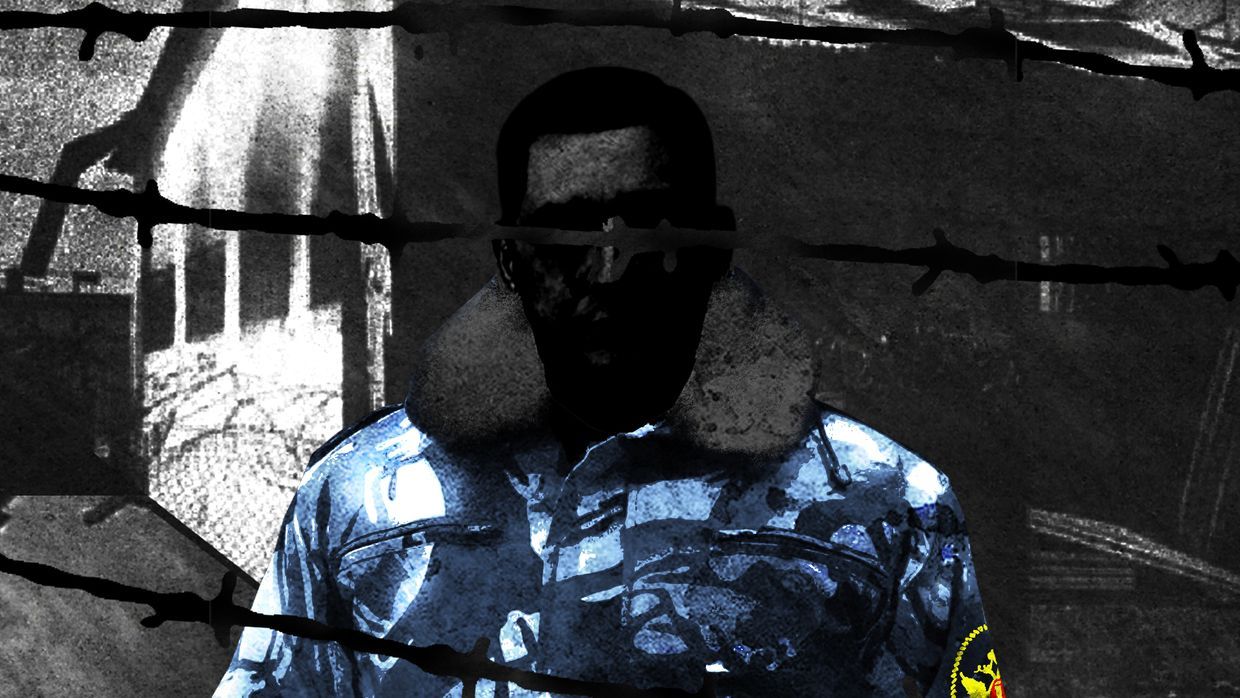
Among the Russian camps for Ukrainian prisoners of war, the most notorious one is Olenivka, in Russian-occupied Donetsk Oblast. This prison-turned-camp became infamous due to reports of abuse and torture inflicted upon its prisoners. Who runs this prison?

What is it like living in Kyiv during the war? We at the Kyiv Independent often hear this question from our friends and readers abroad. In this video, our reporter, Daria Shulzhenko, will guide you through everyday life in the Ukrainian capital amidst the full-scale invasion.
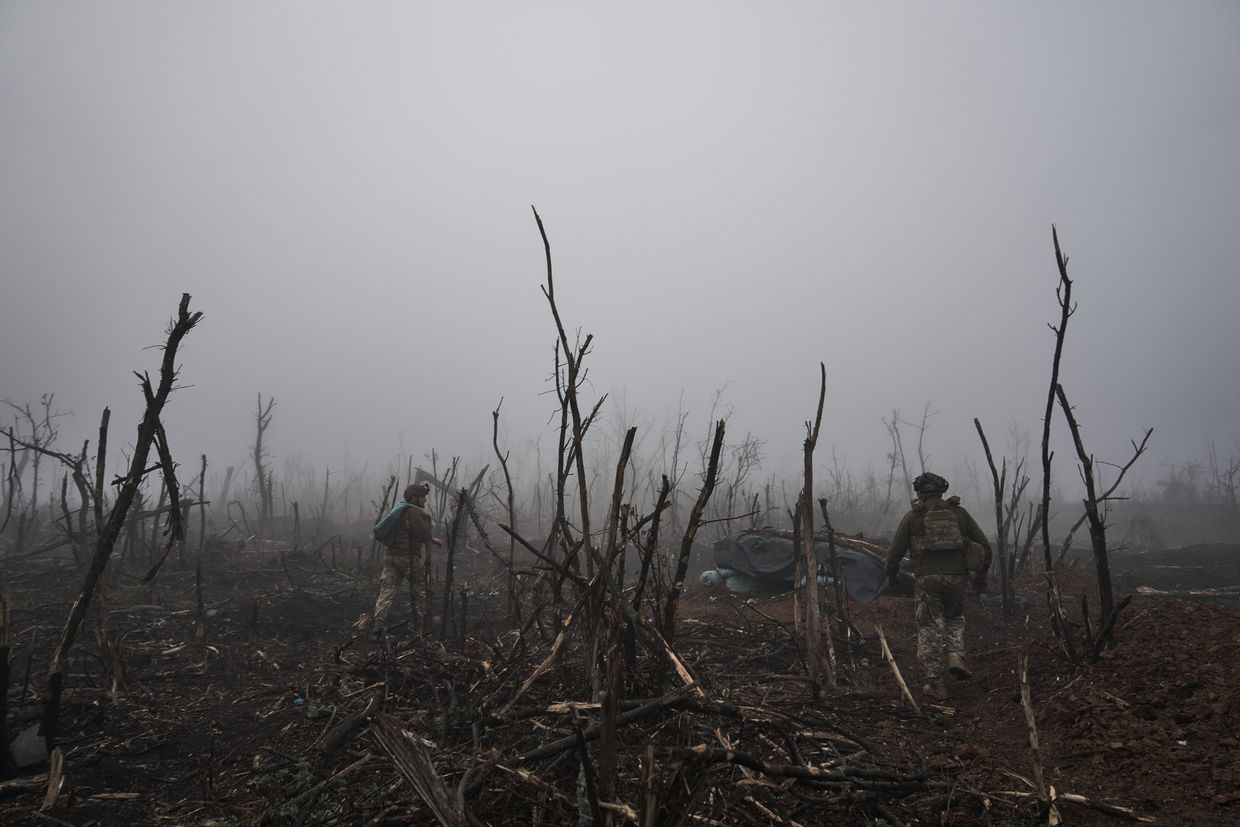
Episode #36 is dedicated to the dark new phase in Russia’s war, and why the possibility of losing is once again a risk for Ukraine.
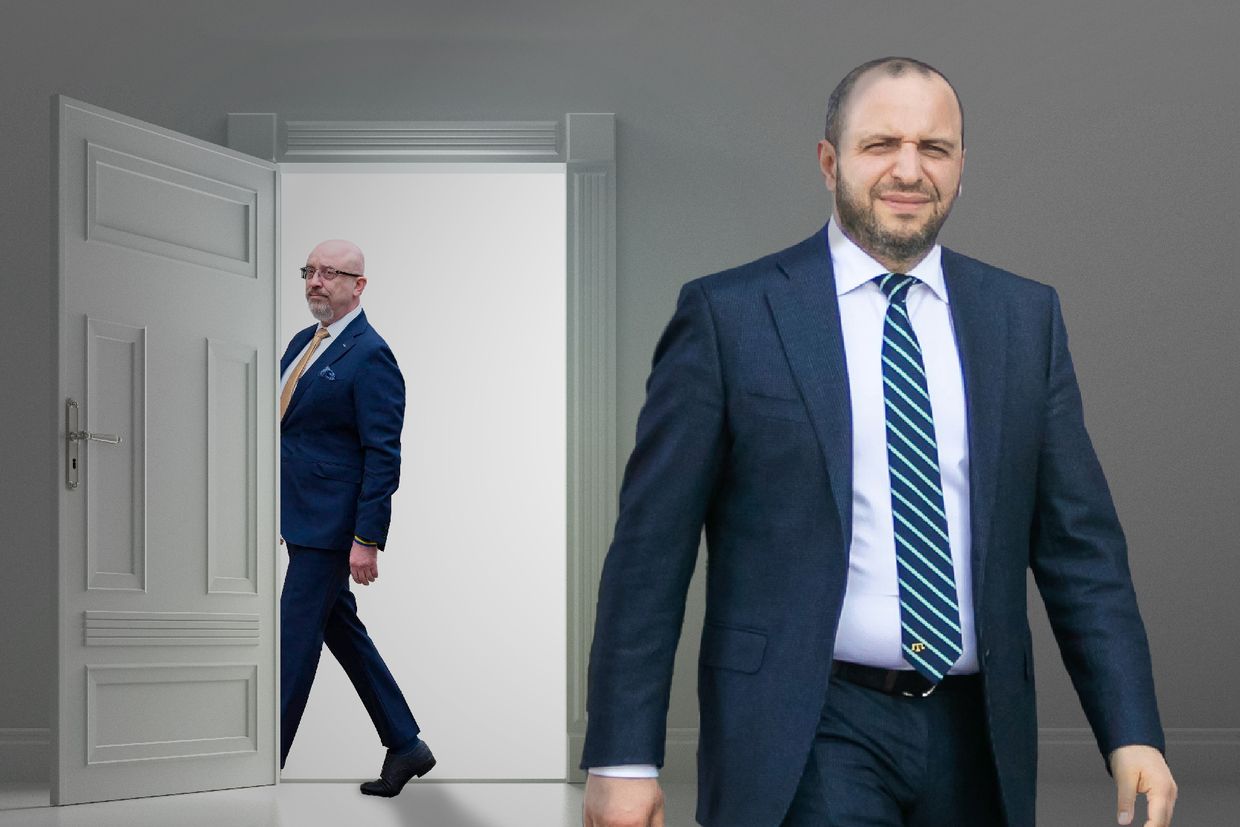
Episode #35 is dedicated to the wave of personnel replacements in Ukraine's Ministry of Defense and the military.
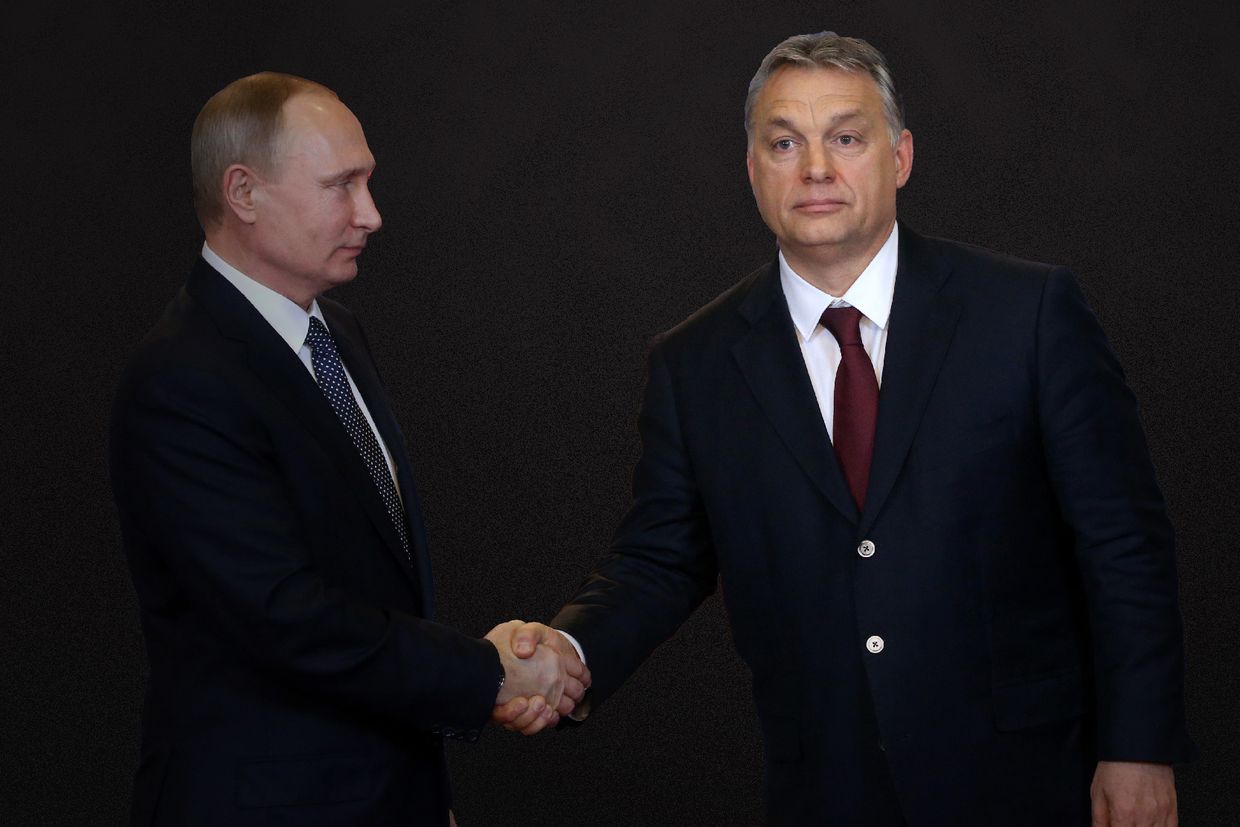
Episode #34 is dedicated to why Hungary's pro-Russian government is blocking Ukraine's European integration.
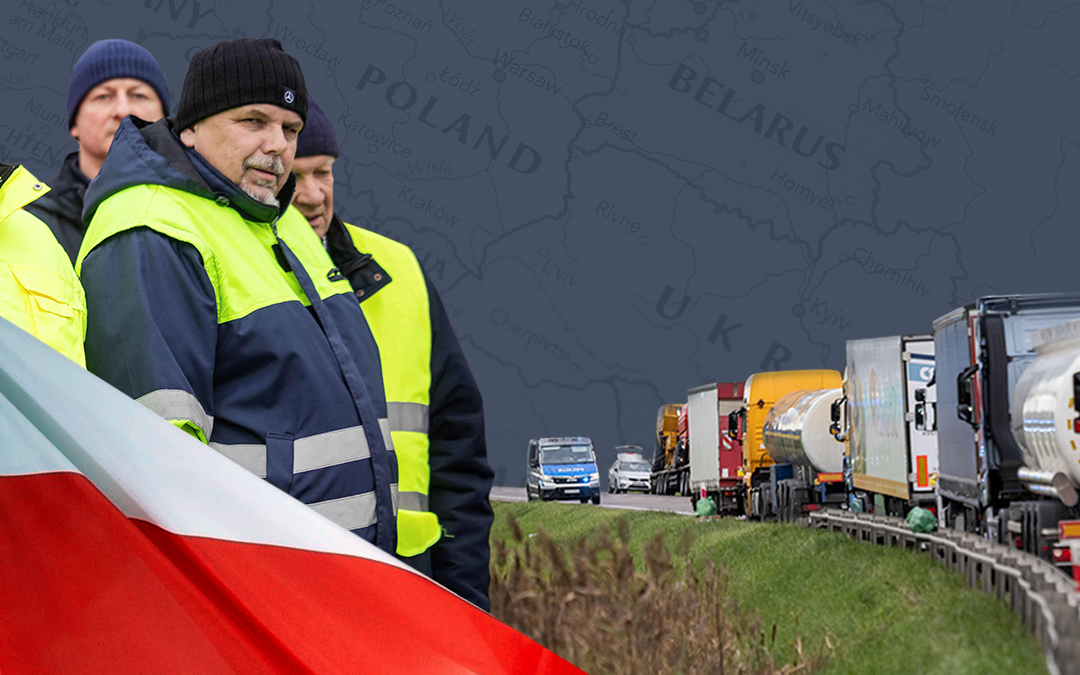
Polish truckers are blocking three border crossings with Ukraine, protesting the unrestricted access for Ukrainian truck drivers entering Poland. The blockade has caused major delays for cargo carriers and threatens Polish-Ukrainian relations.
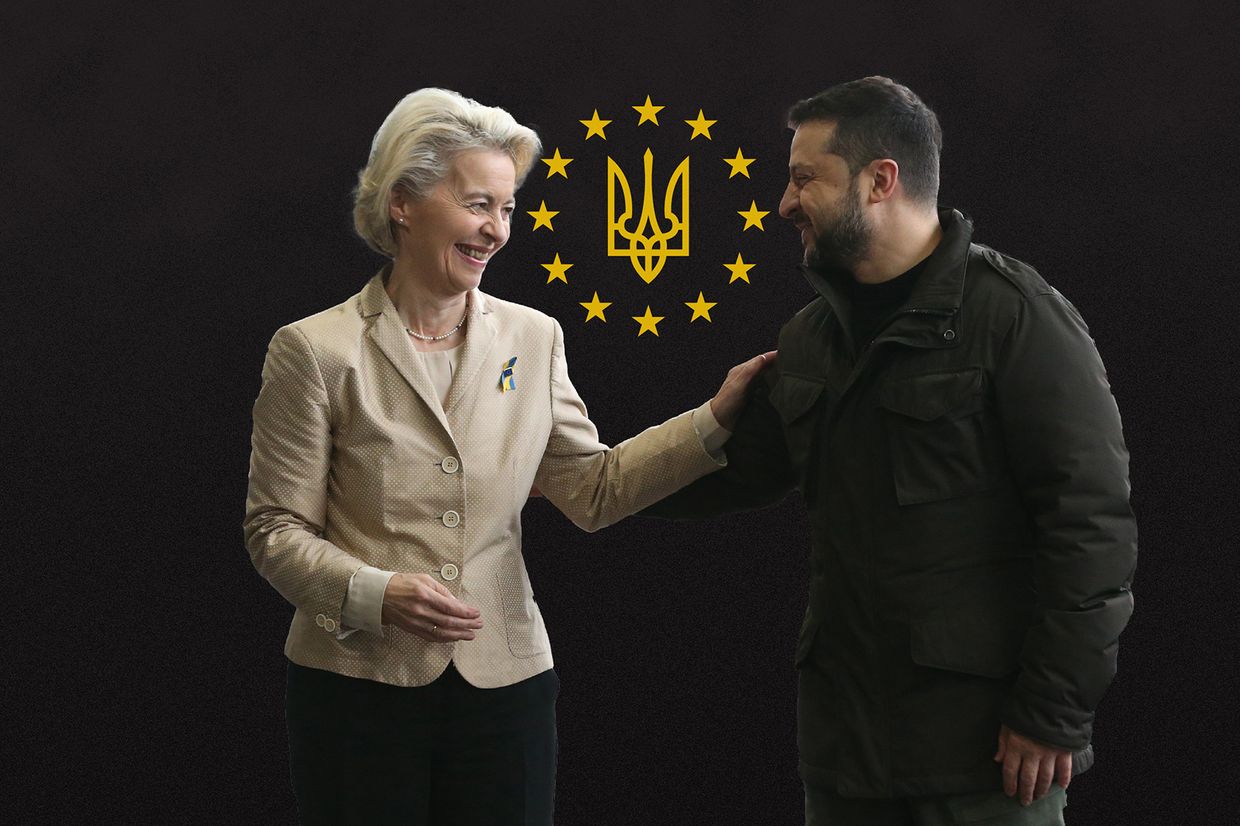
Episode #33 is dedicated to Ukraine’s recent successes in its decade-long journey towards the European Union.
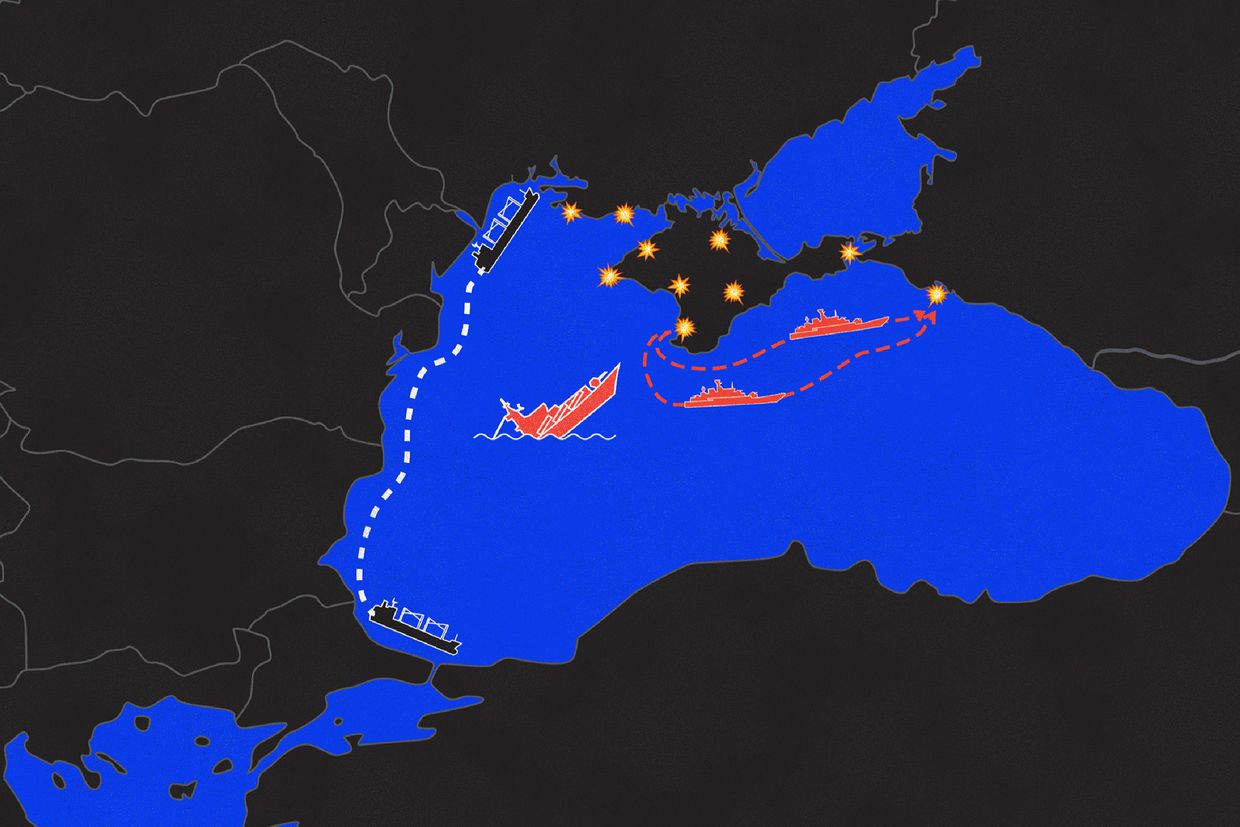
Episode #32 is dedicated to Ukraine's surprising successes in the Black Sea.
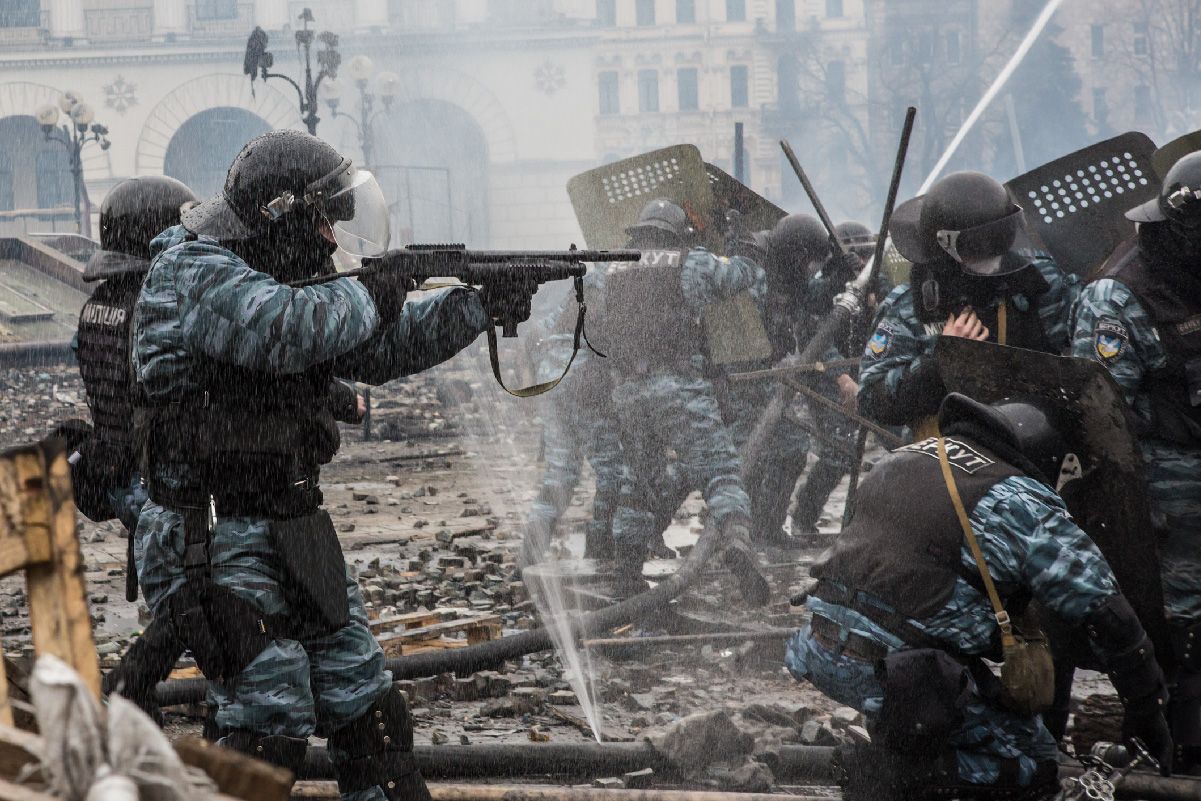
Episode #31 is dedicated to the disappointing outcome of the trial against riot police officers who murdered unarmed protestors during Ukraine's EuroMaidan revolution in 2014.
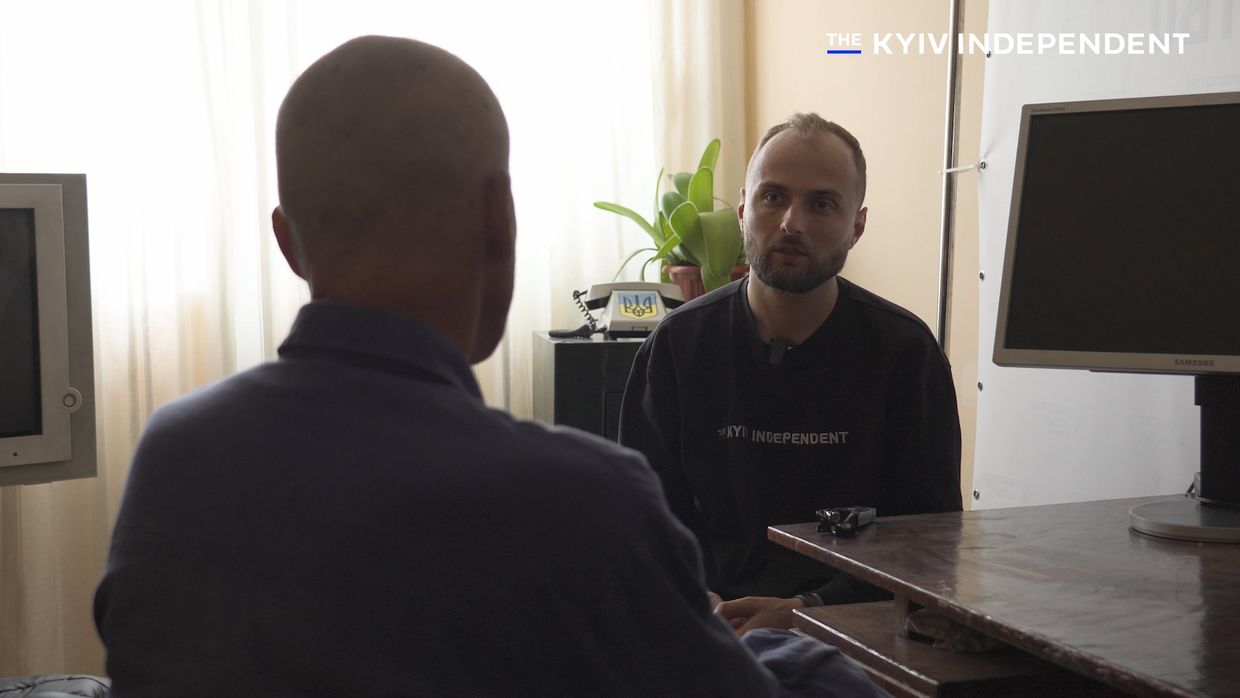
Ukraine keeps locations of Russian prisoner of war detention centers a secret. The Kyiv Independent got exclusive access to a Russian POW camp in western Ukraine, providing a glimpse into the daily life of captured soldiers.
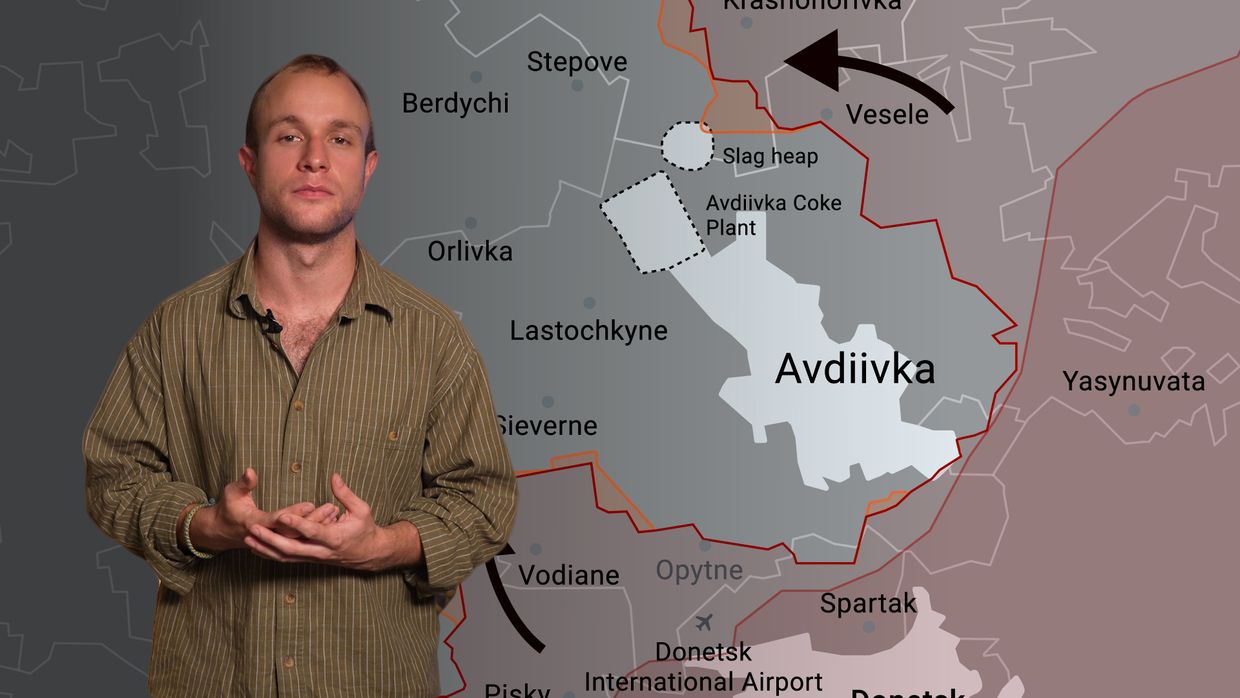
The Russian offensive in Avdiivka has been an undisputed failure so far. Russian gains have amounted to little more than a handful of treelines on the flanks. The Kyiv Independent's Francis Farrell explains how it happened and what to expect in the future.
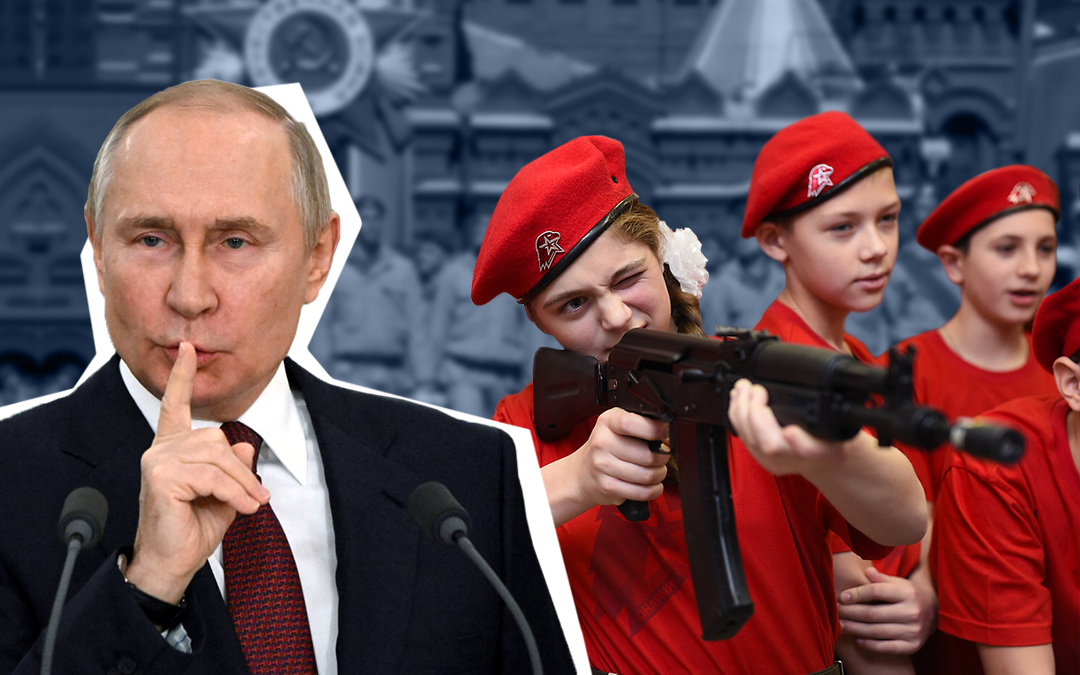
From alternative history at school to training in combat skills, Moscow has employed its military-patriotic education both on Russian and Ukrainian children in occupied territories.
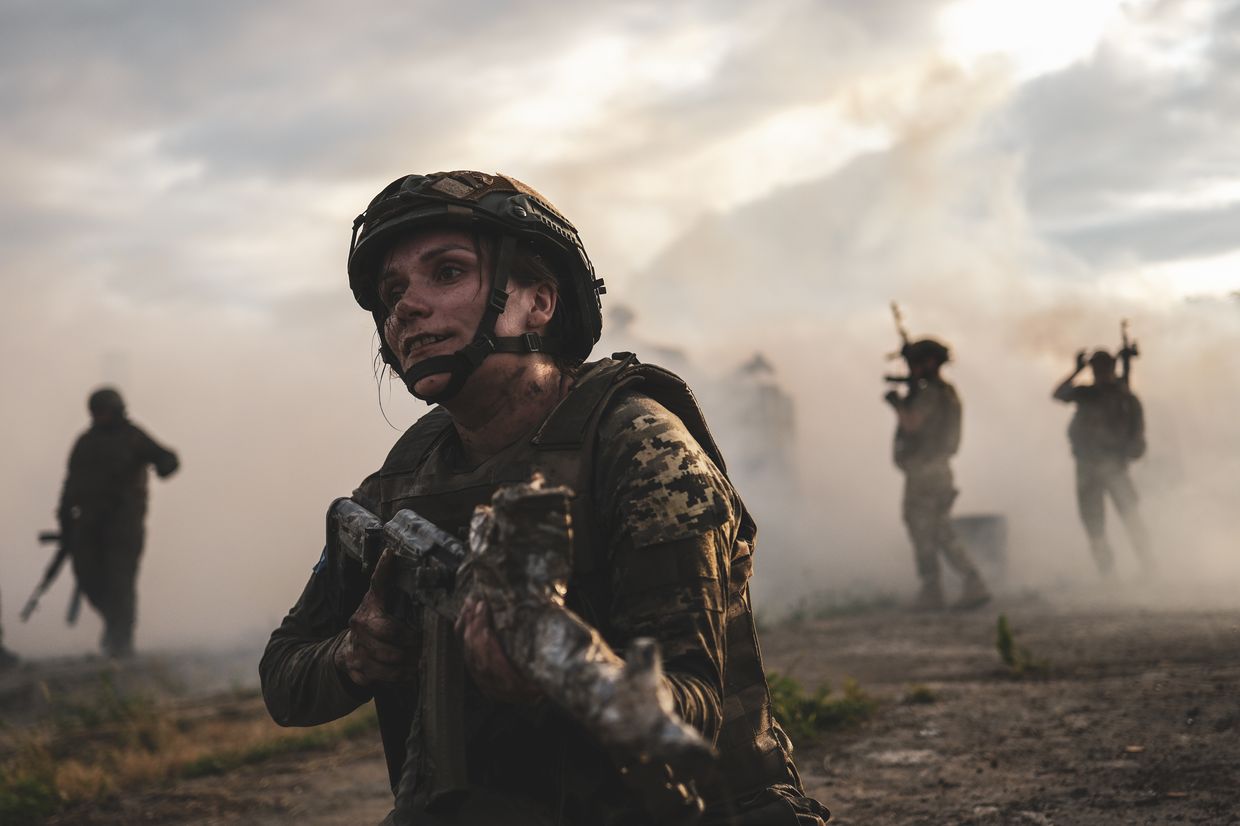
Almost 43,000 women are now serving in Ukraine's military, according to the country’s Defense Ministry. They volunteered to fight, as unlike with men, there is no obligatory conscription for women in Ukraine.
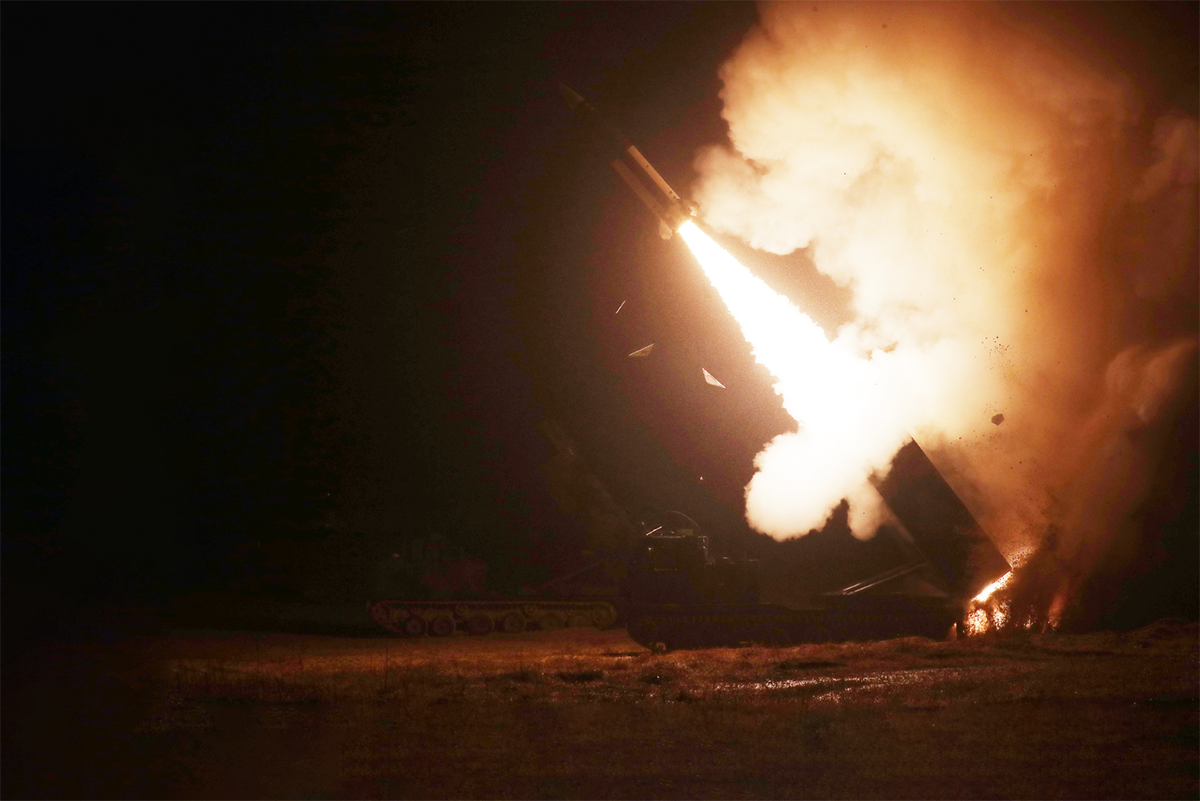
Episode #30 is dedicated to recent front-line updates, including Ukraine's first use of ATACMS and Russia's offensive on Avdiivka.
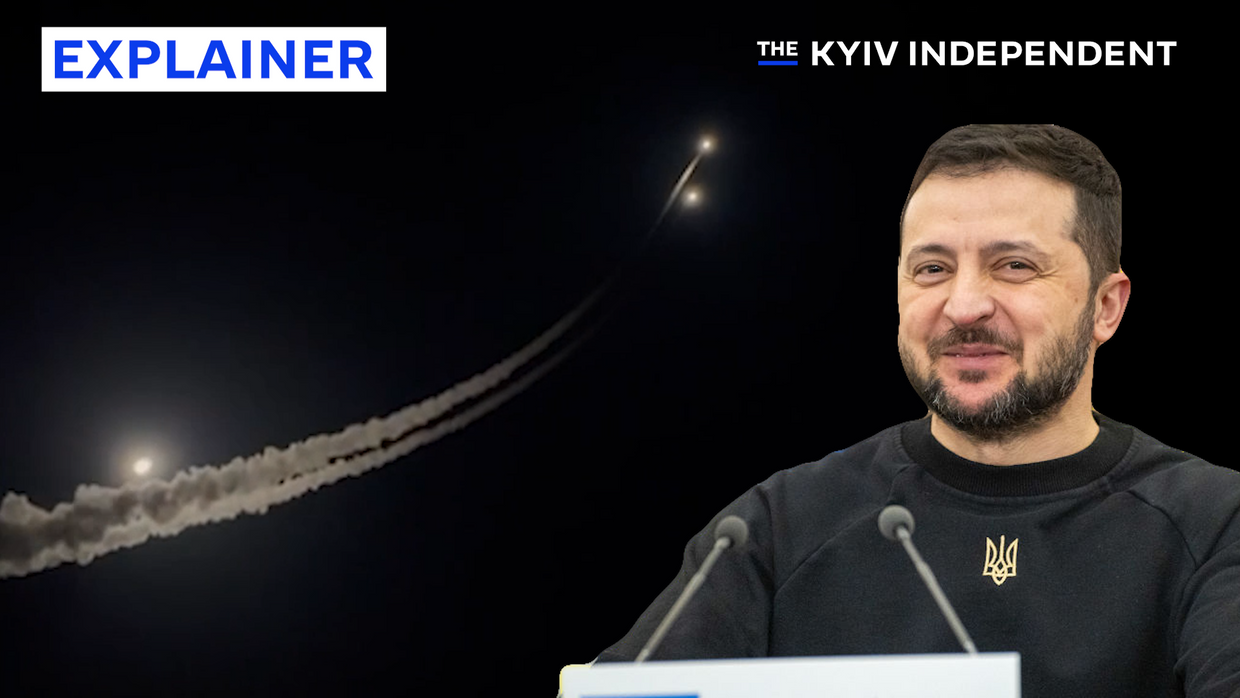
Oleksiy Sorokin, deputy chief editor of the Kyiv Independent, explains how the ATACMS provided to Ukraine work, how they differ from other long-range missiles, and what will now change on the battlefield.
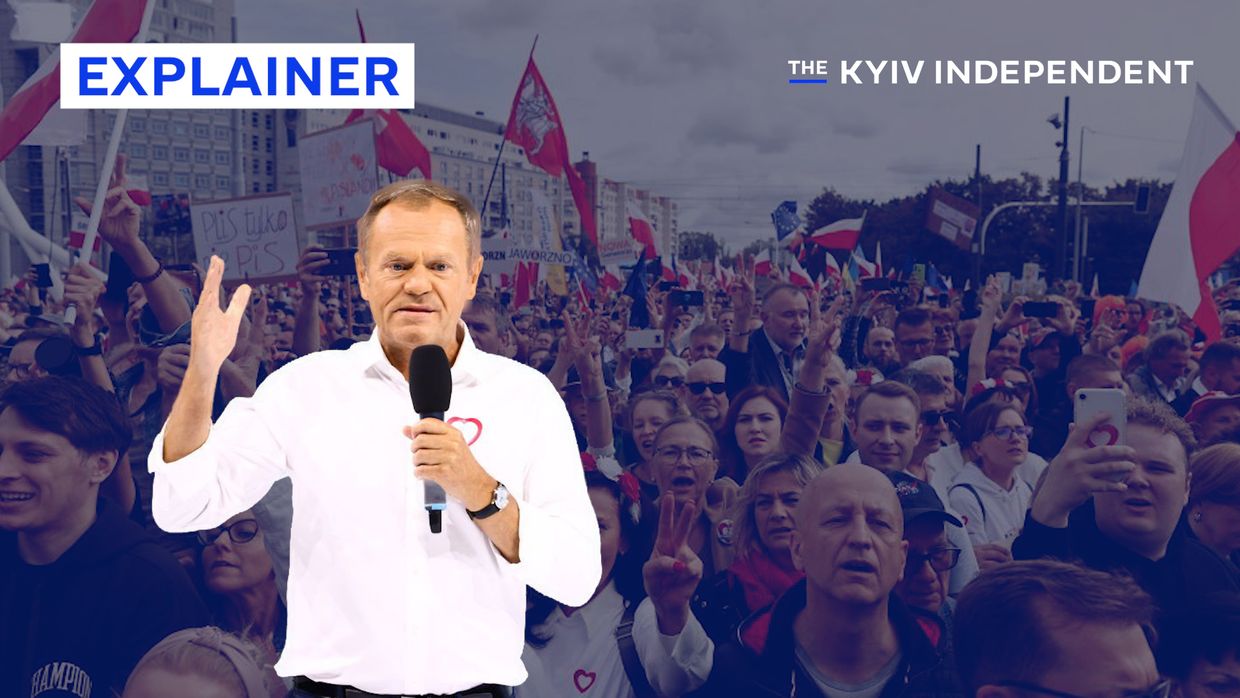
Parliamentary elections were held in Poland on Oct. 15, with the opposition receiving 53% of the total vote. After eight years of conservative rule, the liberal pro-EU opposition will have a chance to form a government.
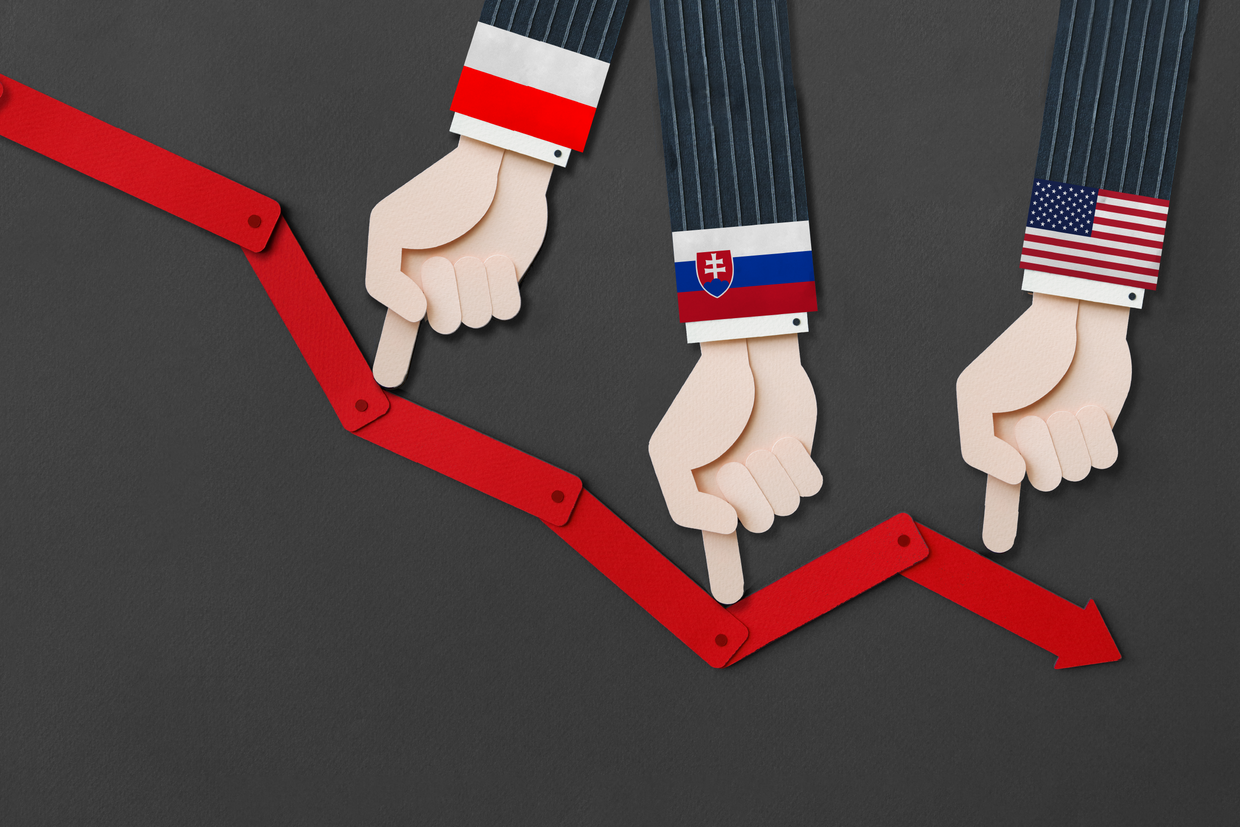
Episode #29 is dedicated to the risk of declining support for Ukraine around the world.
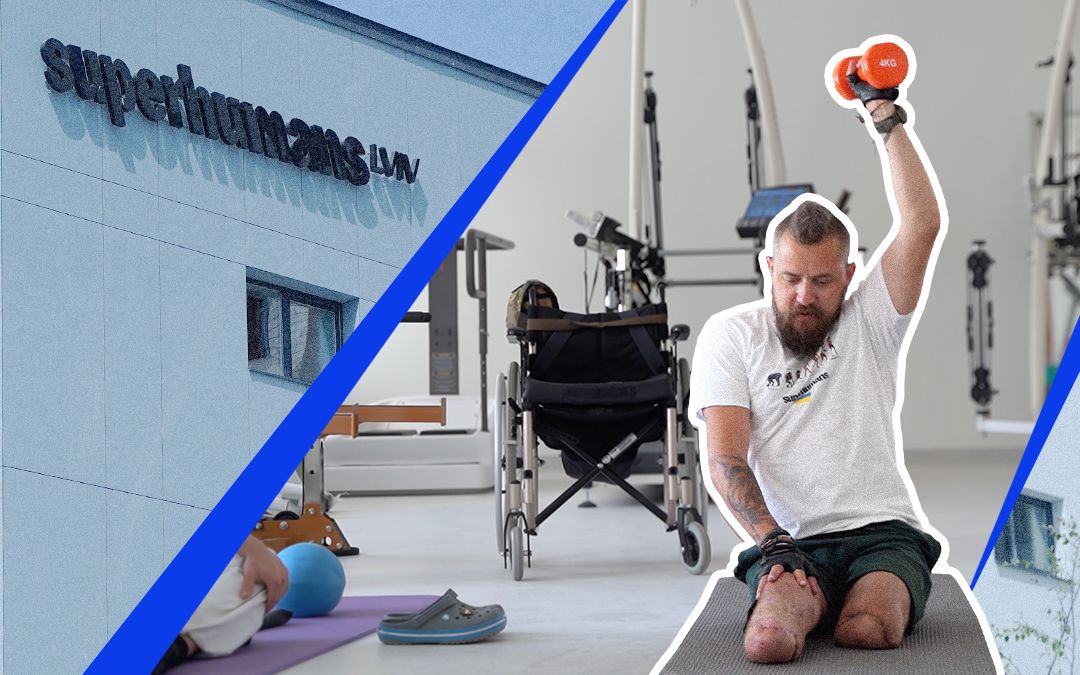
Ruslan Lysenko and Serhii Kopyshchyk are among those who have taken on the challenge of getting back on their feet by obtaining prostheses at the Superhumans Center near Lviv. Watch their journey.
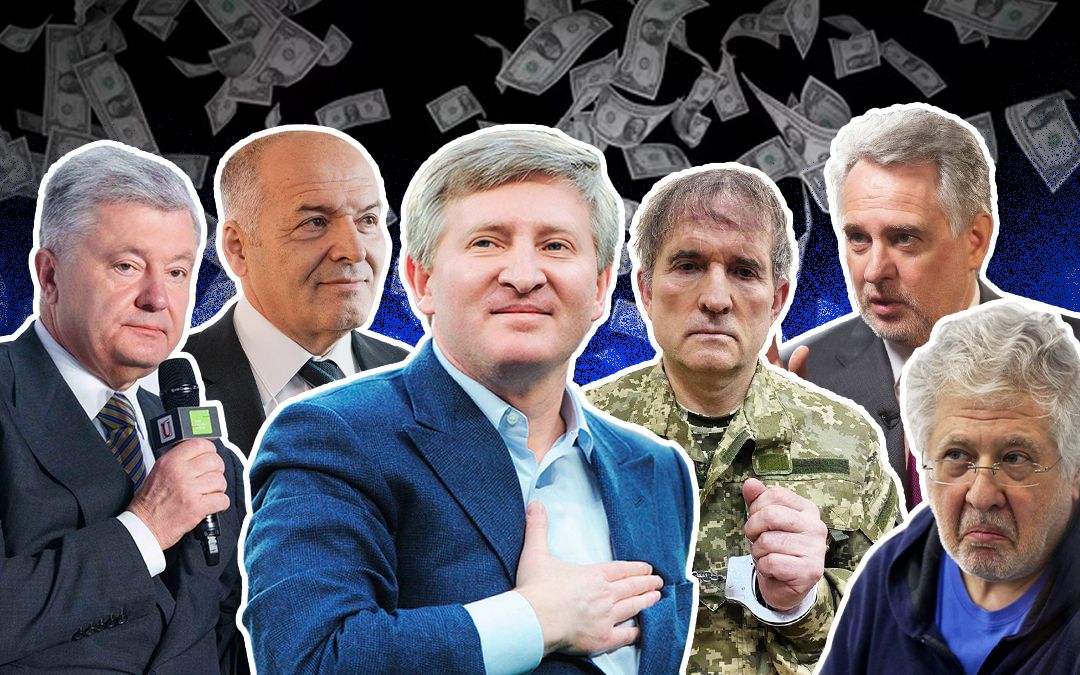
Since Ukraine proclaimed its independence from the Soviet Union in 1991, a large share of its industries has been controlled by oligarchs like Rinat Akhmetov, Victor Pinchuk, Petro Poroshenko, Ihor Kolomoisky, Viktor Medvedchuk and Dmytro Firtash.
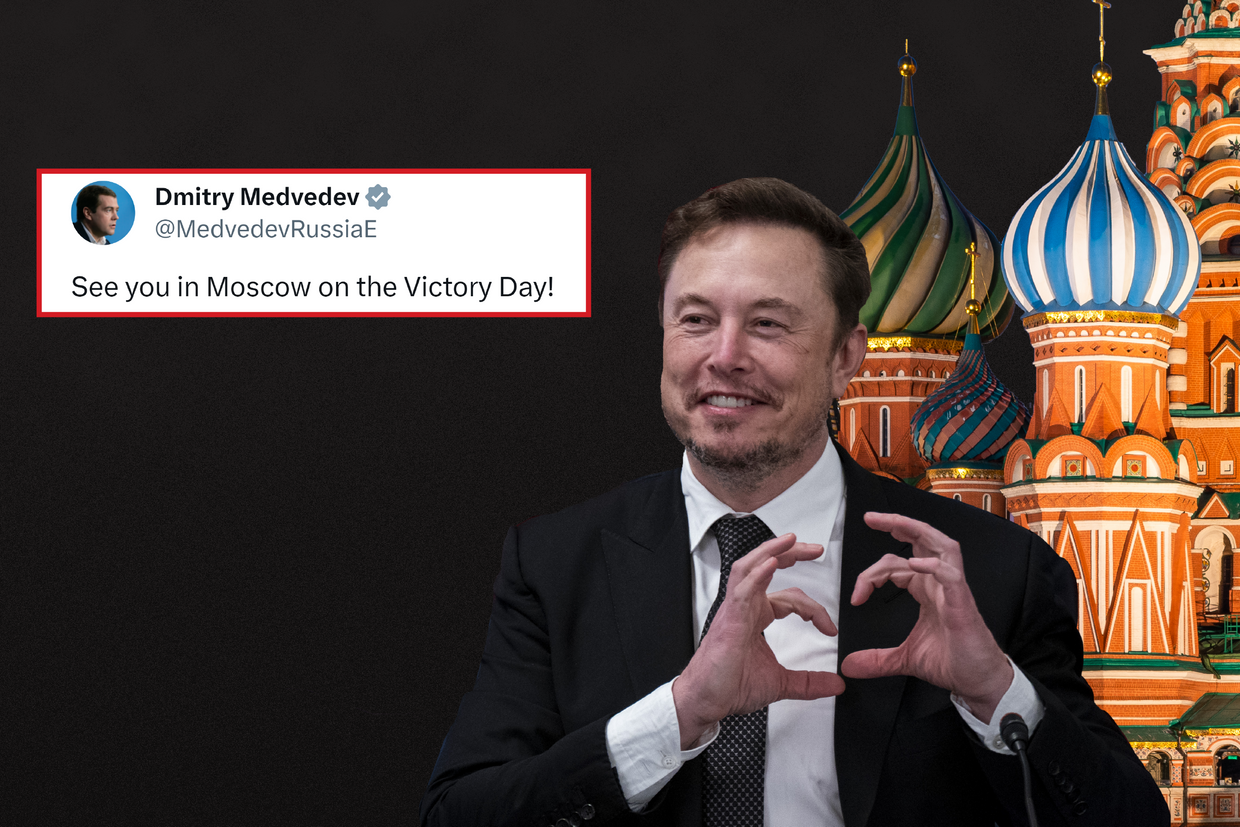
Episode #28 is dedicated to Elon Musk and his stained reputation in Ukraine.
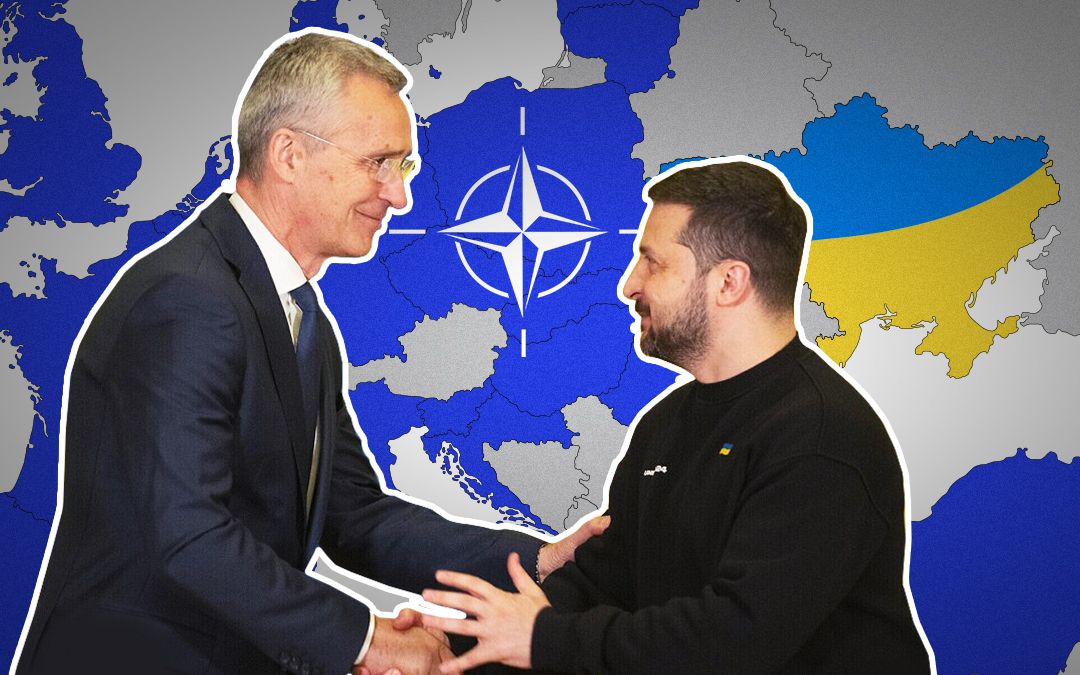
Throughout Russia's brutal war, Ukraine has actively sought assurances from NATO regarding its future membership in the Alliance. Why does Ukraine aspire to be a part of NATO? What are the prospects for this accession, and how might NATO also benefit from it?



